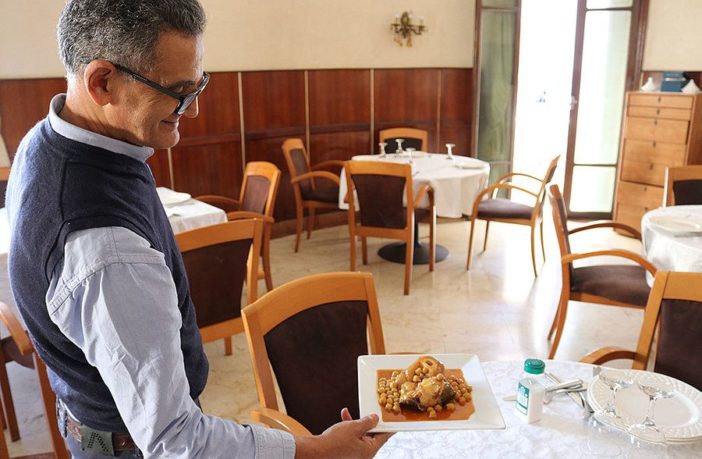Christian Science Monitor
Taylor Luck
Even as congregants recite evening prayers at Temple Beth El, the Muslim call to prayer rings out from minarets across the city and into the courtyard, a mix of Arabic and Hebrew filling the dusk sky with praises to God.
And as the yeshiva students file out of Beth El (literally, House of God), Mohammed, the gatekeeper, kneels down in Muslim prayer at the synagogue’s entrance.
This is not a mirage; this is Casablanca.
After decades of economic migration and geopolitical tensions that reduced North African Jewish communities from hundreds of thousands to a few thousand people, hope is being rekindled in Morocco and Tunisia that as Jews keep the light of their communities alive, so too does the region’s unique model of Muslims and Jews living side by side.
For even in a time of global polarization, Moroccans and Tunisians are proving that historical bonds bind, rather than divide, Jews and Muslims, whose shared past they say paves the way for a shared future.
Jews came to modern-day Morocco, Tunisia, and Algeria some 2,000 years ago, with the largest migration arriving shortly after the destruction of Jerusalem’s Second Temple in 70 CE.
In Morocco, a country that is 99% Muslim whose monarch carries the title “commander of the believers,” a distinct Hebrew culture nevertheless permeates practically every town today: Arabicized Hebrew street names, historic synagogues, Jewish quarters, or maleh, Jewish cemeteries, and Berber and Arab jewelry inspired by Jewish designs.
Moroccans will be quick to tell you that this is not only Jewish heritage, but Moroccan heritage.
“We have Jewish life from the cradle to the grave in Morocco,” says Zhor Rehihil, an anthropologist specializing in Moroccan Judaism and curator of Casablanca’s Museum of Moroccan Judaism.
“Morocco never cut ties with the diaspora even during the Israeli-Arab wars, because they were a part of us, and when they left, for us Moroccans it was as if part of us had left.”







